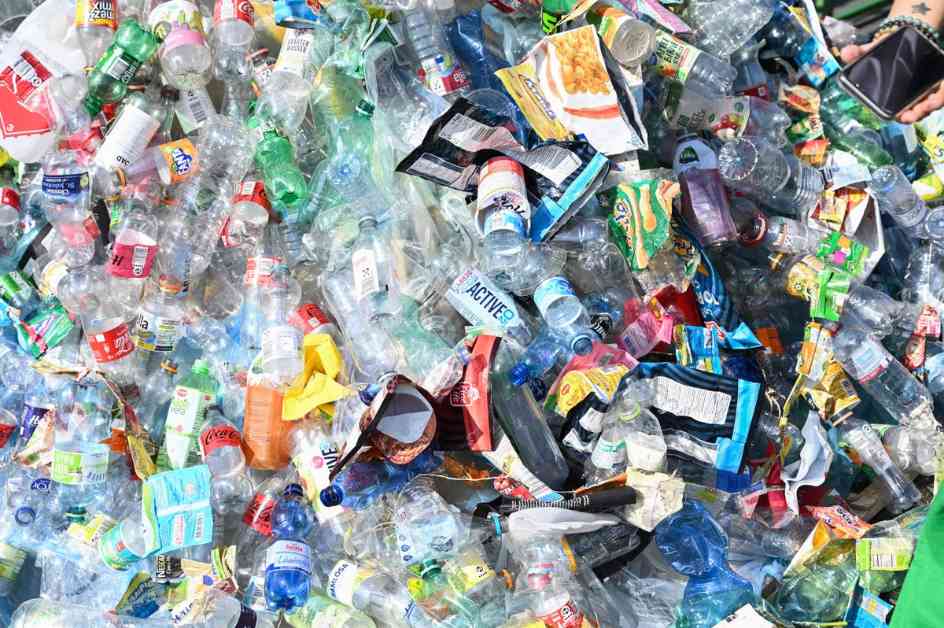Failed Global Plastic Pollution Treaty Talks: What’s Next?
Empty-Handed Return from Summit
The recent United Nations summit in Busan, South Korea, aimed to address the pressing issue of plastic pollution on a global scale. However, hopes were dashed as negotiations collapsed, leaving delegates to return home empty-handed. The heart of the disagreement centered around oil-rich nations, led by Saudi Arabia, who opposed any deal that would impose limits on plastic production.
High Stakes and Irreconcilable Differences
Plastic pollution poses a significant threat to our planet, with approximately 10 million tons of plastic waste entering the oceans each year. The failure to reach a comprehensive agreement on reducing plastic production could have far-reaching consequences, with global emissions from plastic production potentially tripling by 2050. Microplastics are infiltrating various aspects of our lives, from brain tissue to breast milk, highlighting the urgent need for action.
The Blame Game and Obstruction
Despite efforts from countries like the EU and the U.K. to push for a reduction in plastic production to sustainable levels, oil-rich nations such as Saudi Arabia, Iran, and Russia consistently obstructed progress during the talks. These countries, which rely heavily on the production of plastics, refused to accept any proposals that threatened their economic interests. The failure to reach a consensus underscores the challenges of consensus-based environmental multilateralism and the power of reluctant nations to stall progress.
Hope for the Future
While the collapse of the summit is undoubtedly disappointing, many countries and NGOs remain optimistic that a global treaty to address plastic pollution can still be achieved. The lessons learned from the failed negotiations in Busan will hopefully pave the way for more effective and inclusive discussions in the future. As Panama’s head of delegation aptly stated, “We may have been delayed, but we will not be stopped.”
The next round of talks is eagerly anticipated, with the hope that countries will come together to prioritize the health of our planet and future generations. Stay tuned for updates on the ongoing efforts to combat plastic pollution on a global scale.










